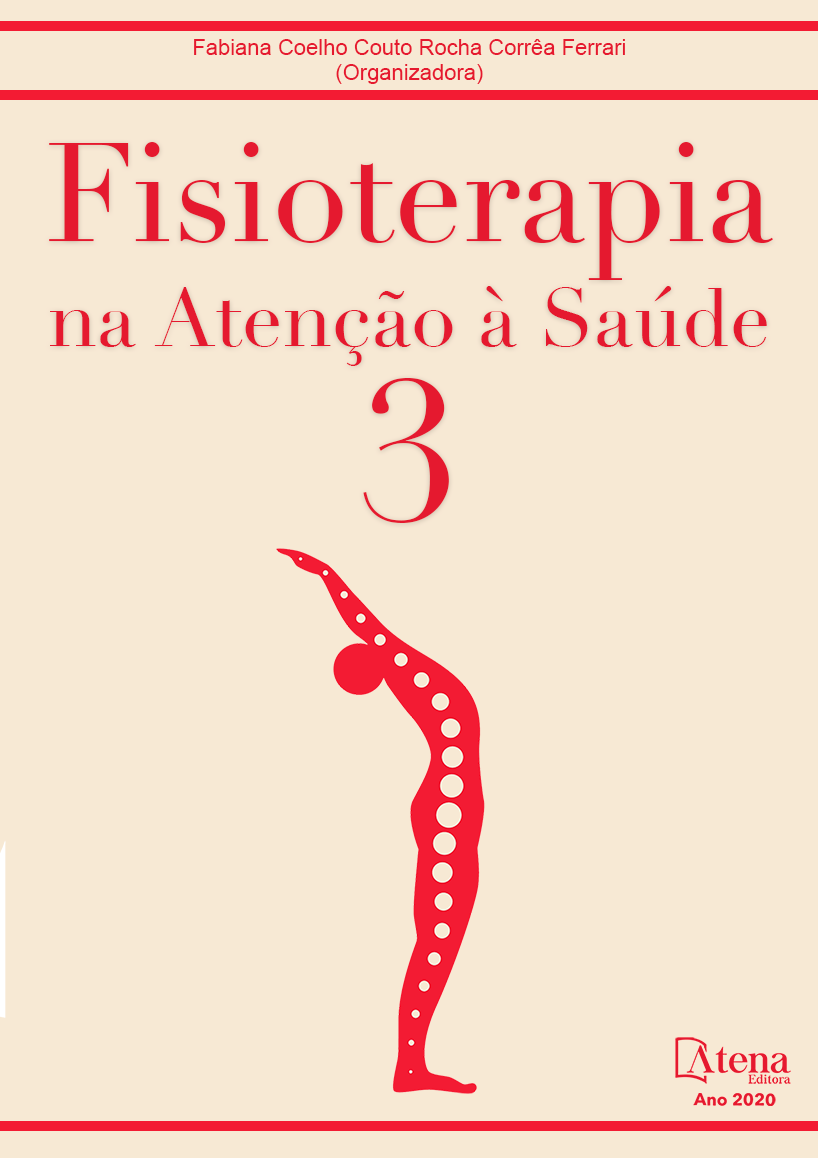
INFLUÊNCIA DO MÉTODO BOBATH EM UM PACIENTE PORTADOR DE SÍNDROME DE DOWN: ESTUDO DE CASO
Introdução: A Síndrome de Down (SD) é uma alteração congênita causada pela trissomia do cromossomo 21, que desencadeia déficits na coordenação motora, hipotonia muscular e hiperflexibilidade. Uma técnica utilizada para tratamento dos déficits motores ocasionado por essa síndrome é o Conceito Bobath, o qual utiliza ferramentas específicas para modificar o tônus muscular e assim tratar esses déficits. Objetivo: Verificar a eficácia do Conceito Neuroevolutivo Bobath em um paciente portador de SD. Metodologia: Trata-se de um estudo quantitativo de caráter longitudinal do tipo estudo de caso, realizado com um paciente com SD do sexo masculino, frequentador de uma clínica escola de fisioterapia localizada no Oeste da Bahia. A coleta de dados foi iniciada após aprovação do Comitê de Ética em Pesquisa da FASB, sendo essa realizada por meio da escala GMFM-88, que mensura de forma quantitativa as funções motoras grossas em crianças. A escala foi aplicada pré e pós intervenção. Resultados: O somatório das pontuações dos itens contidos nas dimensões A e B da escala pré aplicação resultou em escore de 11,8% na dimensão A e 6,7% na B, sendo possível observar que a pontuação geral obtida apresentou-se baixa com 0,74%, indicando atraso motor exacerbado. Já pós intervenção, 90,2% foi obtido na dimensão A e 71,7% na B, resultando em pontuação geral de 6,5%, certificando assim grande eficácia do Bobath na evolução das habilidades motoras deste paciente. Conclusão: Dessa forma, constatou-se a eficácia da aplicação do Conceito Neuroevolutivo Bobath em um portador com SD, no qual foi evidenciado influência na modulação do tônus muscular e consequentemente a obtenção do controle postural com melhora nas aquisições e evolução das habilidades motoras, reações de equilíbrio e coordenação dos movimentos, visando principalmente a funcionalidade, independência e qualidade de vida.
INFLUÊNCIA DO MÉTODO BOBATH EM UM PACIENTE PORTADOR DE SÍNDROME DE DOWN: ESTUDO DE CASO
-
DOI: 10.22533/at.ed.0952017087
-
Palavras-chave: Síndrome de Down, Avaliação, Estimulação Precoce.
-
Keywords: Down Syndrome, evaluation, early stimulation.
-
Abstract:
Introduction: Down syndrome (DS) is a congenital disorder caused by trisomy of chromosome 21, which triggers deficits in motor coordination, muscle hypotonia and hyperflexibility. A technique used to treat motor deficits caused by this syndrome is the Bobath Concept, which uses specific tools to modify muscle tone and so treat these deficits. Objective: To verify the effectiveness of the Bobath Neuroevolutionary Concept in a patient with DS. Methodology: This is a longitudinal quantitative study of one case study type, accomplished with a male patient with DS, who attends a physiotherapy school clinic located in west of Bahia. Data collection was initiated after the project approval by the FASB Research Ethics Committee, which was carried out using the GMFM-88 scale, which quantitatively measures gross motor functions in children. The scale was applied before and after intervention. Results: The sum of the scores of the items contained in dimensions A and B of the pre-application scale resulted in a score of 11.8% in dimension A and 6.7% in B, showing that the overall score obtained was low with 0.74%, indicating exacerbated motor delay. After the intervention, was obtained 90.2% in dimension A and 71.7% in dimension B, resulting in an overall score of 6.5%, certifying Bobath's great efficiency in the evolution of this patient's motor skills. Conclusion: In this way, the effectiveness of applying the Bobath Neuroevolutionary Concept was verified in a patient with DS, in which influence on the modulation of muscle tone was evidenced and, consequently, the obtaining of postural control with improvement in the acquirement and evolution of motor skills, equilibrium reactions and coordination of movements, aiming mainly at functionality, independence and quality of life.
-
Número de páginas: 13
- Alana Suzy de Matos Silva
- Daiane Alves da Silva
- Jéssica Venâncio Messias de Araújo
- Raiane Cardoso Barreto
- Ana Paula Rodrigues Camargo


